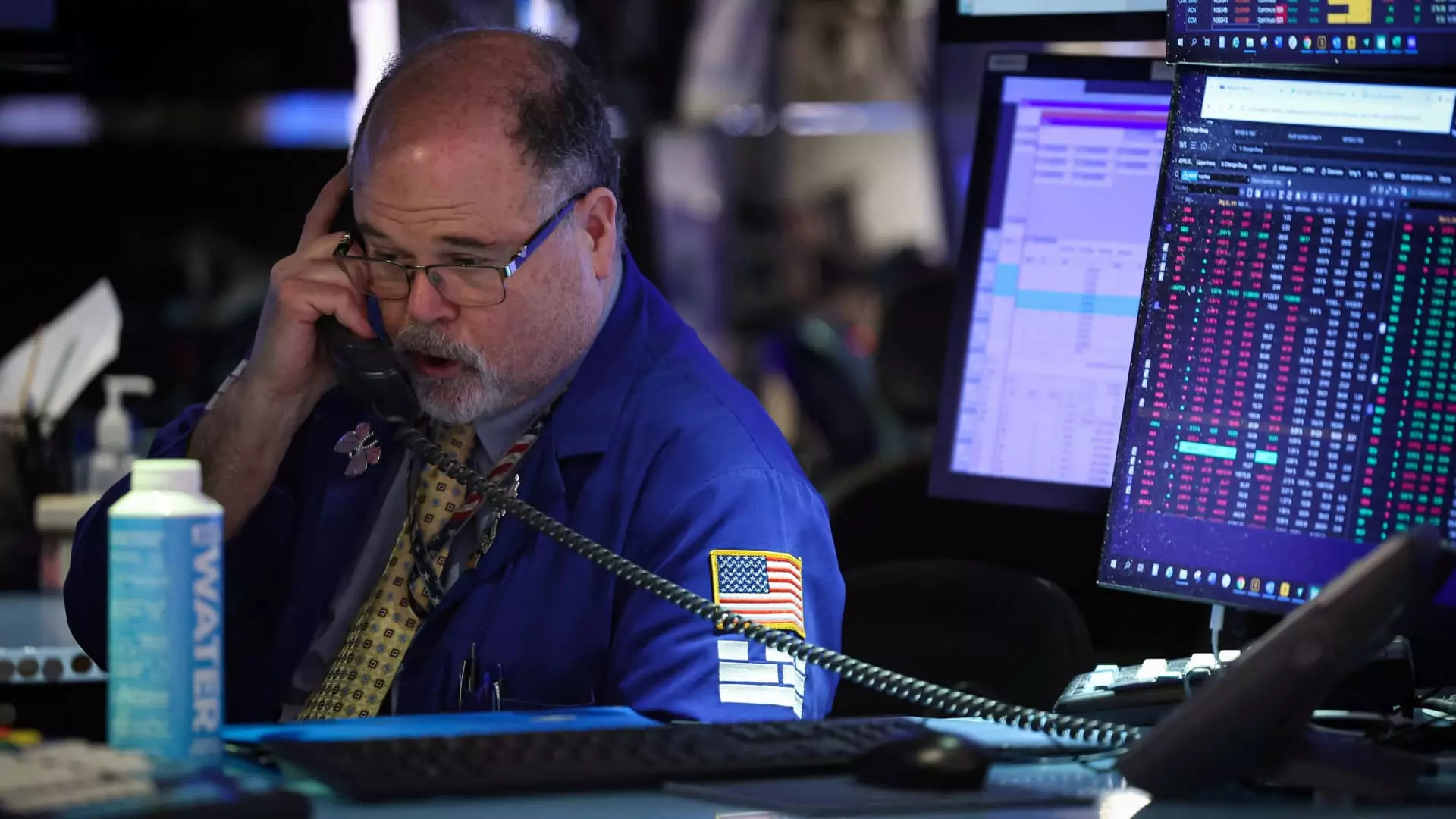In a recent discussion on CNBC’s “The Exchange,” renowned investor Danny Moses voiced his apprehensions about the current economic landscape, pinpointing a critical oversight in how the market perceives the federal government’s spending cuts led by the Department of Government Efficiency. Moses argues that these sweeping budget reductions, which many investors seem to dismiss, could have cascading effects on the broader economy. His assertion that the ramifications of reducing government expenditure should not be underestimated reflects a deeper concern about how fiscal responsibility can inadvertently trigger economic instability.
Elon Musk’s Cost-cutting Moves: A Double-Edged Sword
Moses shines a spotlight on the paradox created by Tesla CEO Elon Musk’s aggressive cost-cutting measures, which have reportedly impacted over 60,000 federal positions across 17 agencies. While Musk may be lauded for fostering corporate efficiency, Moses articulates a contrary perspective: such extensive layoffs could hinder corporate revenue growth during a fragile economic phase. This duality raises the question of whether short-term fiscal health is worth the long-term repercussions of eroding consumer confidence and job stability.
The Bearish Outlook: Debt and Consumer Confidence
“We’re being overly optimistic,” Moses cautioned, highlighting the precarious situation of having a debt-to-GDP ratio exceeding 120%. In an environment where government cuts occur simultaneously with trade tensions stoked by former President Trump’s protectionist policies, the investor foresees potential declines in first-quarter earnings reports. Such revelations could be the harbingers of a slowdown in market activity that the current valuations do not reflect. It’s a stark reminder that optimism must be tempered with a dose of economic realism.
The S&P 500: A Fragile Recovery?
The S&P 500’s recent recovery — still hovering about 8% beneath its February peak — comes amid fears of an impending economic slowdown that many analysts suggest are not yet factored into market pricing. The brief correction experienced last month left investors straddling a fine line between caution and hope. A significant portion of the equity markets remain tethered to a narrative of inevitable growth; however, with Moses’s insights, it appears that a more conservative and critical evaluation of these trends is warranted.
The Future Look: Gold and Innovative Sectors
On a more optimistic note, Moses expressed his bullish stance on gold despite its recent surge past the $3,000 mark. This statement underscores a belief in tangible assets during uncertain economic times. Furthermore, his enthusiasm for online gambling stocks, particularly Genius Sports, reveals a sector considered resilient against economic turmoil and adaptable due to early adoption of artificial intelligence — a juxtaposition against the otherwise gloomy outlook for traditional sectors affected by tariff wars.
Danny Moses’ critiques serve not just to challenge prevailing market sentiments but also to open a dialogue on the essential balance between aggressive fiscal policy and maintaining consumer confidence. His insights force investors to reassess preconceived notions and prepare for potential turbulence on the horizon.

